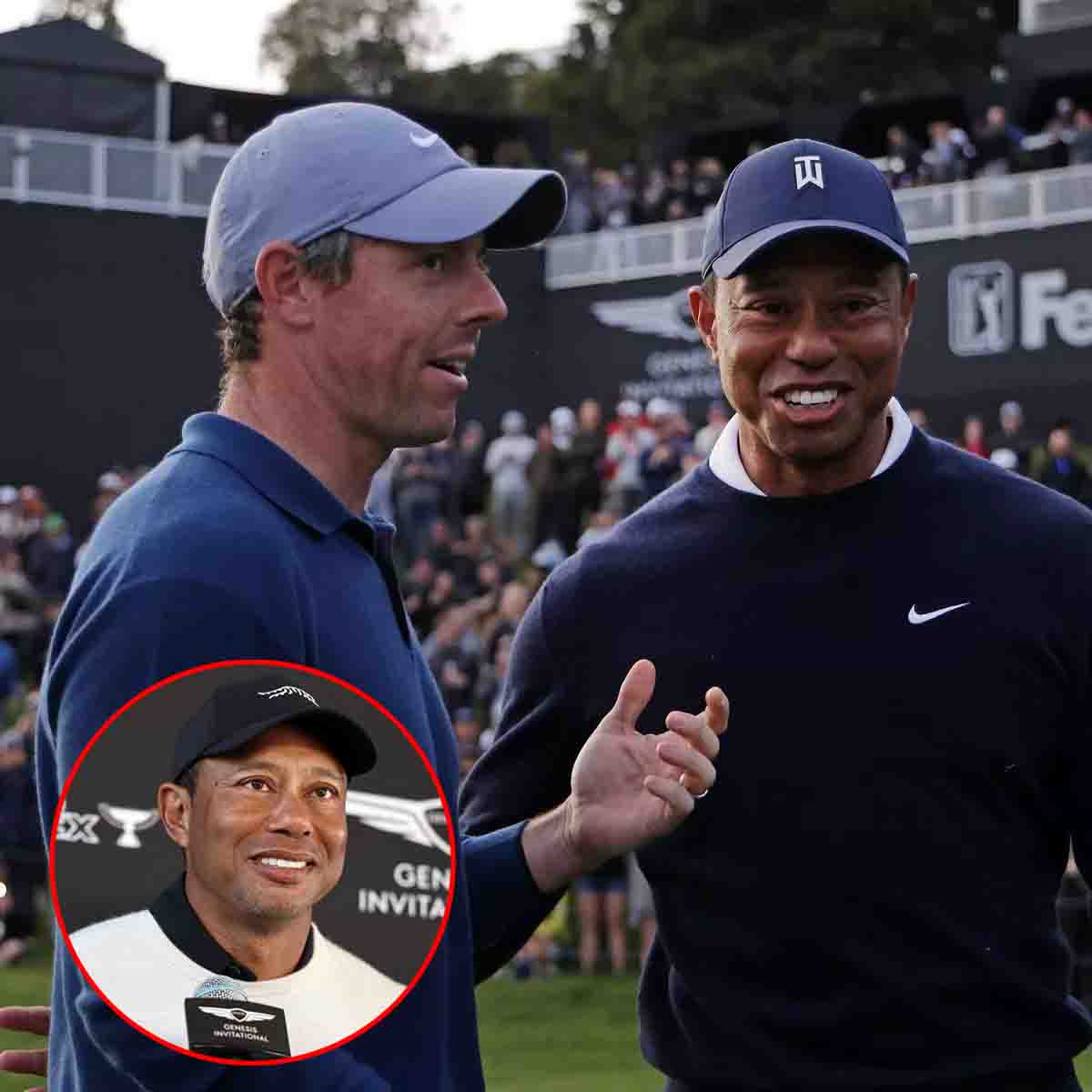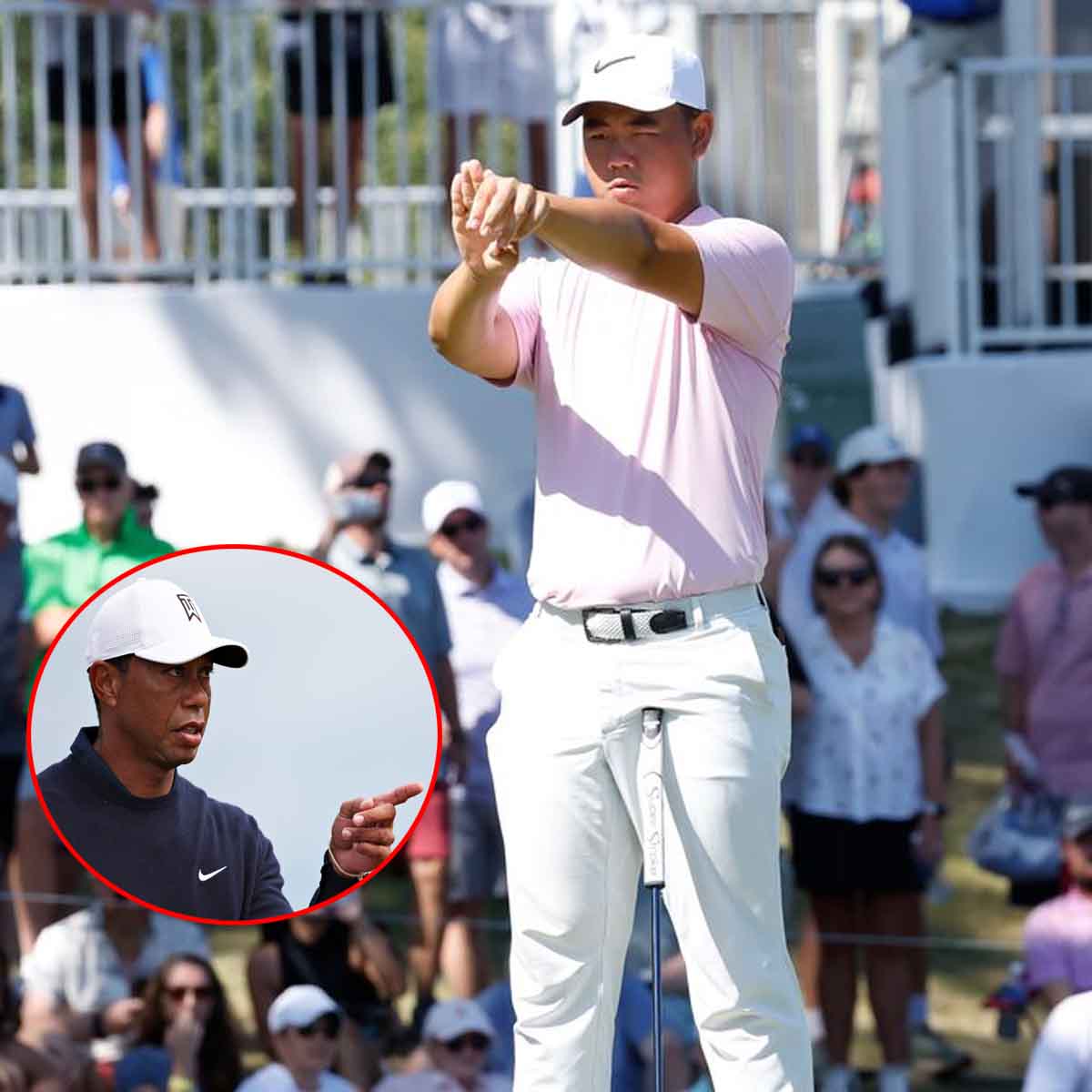Ronda Rousey’s career in mixed martial arts (MMA) is a tale of unprecedented success followed by significant challenges and setbacks. Once hailed as an unstoppable force in the sport, her eventual downfall can be attributed to a combination of factors.

- Losses in High-Profile Matches: Rousey’s invincibility was shattered when she suffered back-to-back losses to Holly Holm and Amanda Nunes. The defeat to Holm in 2015, where she lost her UFC bantamweight title, marked a turning point in her career. Subsequent losses to Nunes further tarnished her aura of invincibility and raised questions about her ability to compete at the highest level.
- Struggles with Mental Health: Rousey openly struggled with the mental toll of her losses and the pressures of being in the spotlight. She admitted to experiencing depression and thoughts of suicide following her defeats. The mental and emotional challenges she faced undoubtedly impacted her performance inside the octagon.
- Lack of Adaptation: Rousey’s fighting style was heavily reliant on her judo background and grappling prowess. As the sport evolved and opponents became more skilled, her lack of versatility and striking proficiency became apparent. She struggled to adapt her game plan and was often outmatched in stand-up exchanges.
- Media Obligations and Outside Interests: Rousey’s mainstream appeal and crossover success led to numerous opportunities outside of MMA, including acting roles and endorsements. While these ventures brought her fame and fortune, they also diverted her focus away from training and competition. Balancing her MMA career with her burgeoning Hollywood career proved to be challenging.
- Changing Landscape of Women’s MMA: As the women’s bantamweight division in the UFC became increasingly competitive, new challengers emerged who were better equipped to exploit Rousey’s weaknesses. Fighters like Holly Holm and Amanda Nunes capitalized on Rousey’s vulnerabilities and exposed her limitations as a striker.
Overall, Ronda Rousey’s downfall in MMA can be attributed to a combination of factors, including losses in high-profile matches, struggles with mental health, a lack of adaptation, outside interests, and the changing landscape of women’s MMA. While her reign as a dominant champion may have come to an end, her impact on the sport and her pioneering contributions to women’s MMA will always be remembered.





